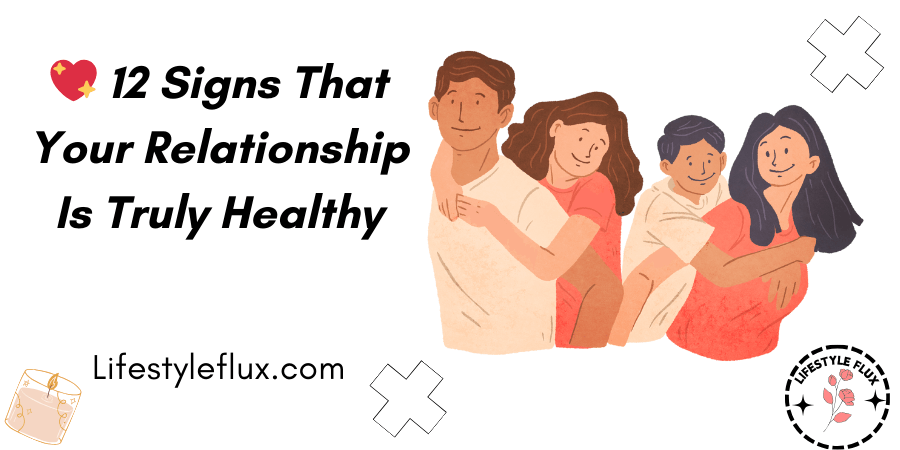A truly healthy relationship isn’t just about love or passion—it’s about feeling safe, valued, and free to be yourself. 12 Signs Your Relationship Is Truly Healthy isn’t about picture-perfect harmony or never disagreeing; it’s about trust, respect, and the ability to grow together.
Whether you’re in a long-term relationship or just starting out, these signs will help you recognize the strength of your connection and highlight areas that might need improvement.
Table of Contents
1. Zero Reaction Anxiety
Do you ever hold something back because you’re worried about how your partner will react? You spend a lot of time monitoring your behavior in your normal everyday life. You stop acting like yourself and cater to the people around you.
But your relationship should be a safe space, somewhere you can take off your filter and express anything you want to without being scared or embarrassed.
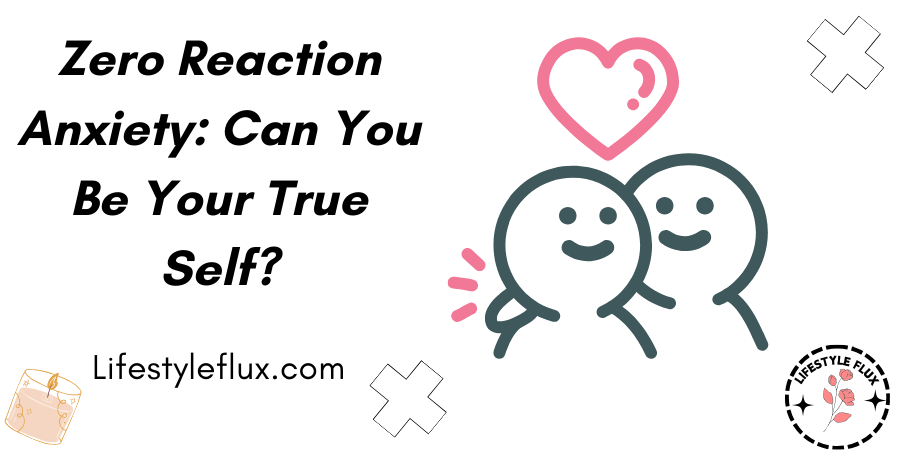
If you have zero reaction anxiety, it means you trust your partner to embrace who you are. In a long-term relationship, very few things are more important than that.
2. Healthy Disagreements
No one expects you to agree on everything. People often imagine healthy relationships as this perfect utopia where the two of you are in sync 24/7. You see eye-to-eye on every decision you make, and you complete each other’s sentences. Your visions of the future couldn’t be more similar.
But that’s not what a healthy and positive relationship really looks like. The truth is there will be disagreements. There will be times when you argue and times when you have trouble understanding the other person’s point of view. Hey, that’s okay. In fact, it’s healthy for partners to butt heads every once in a while.
A disagreement often means that you’re actively trying to find a compromise that benefits both of you. You see, the happiest relationships aren’t dominated by a single partner. One person’s opinions shouldn’t completely overshadow the others, which really defeats the purpose of being in a relationship.
Relationships should be about sharing your life, not finding someone else’s life to control. This is a trap that many young couples fall into. One person wants to keep their partner happy, so they pretend that their own opinions aren’t important. But this is a recipe for disaster. Think you’re doing your partner a favor, but they want you to express yourself.
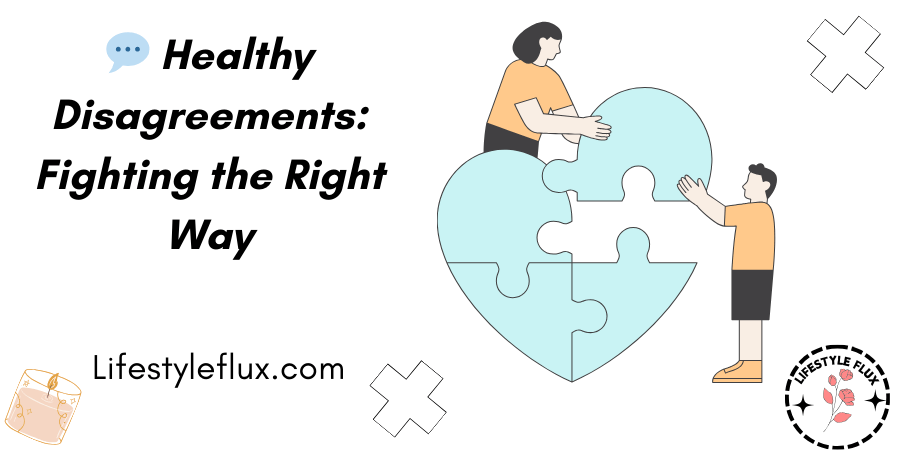
Even if your opinions don’t line up with theirs, make sure that you’re not disagreeing all the time. If you’re arguing constantly, then there’s probably a deeper problem with the relationship as a whole.
The same rule actually applies to your friendships; having a few disagreements is healthy, but too many mean your relationship might need some work.
3. Division of Space
Every strong relationship Should have two things. Space and boundaries: even though the two of you like being together, you need time to exist as individuals. Without those limitations, many people would start to feel suffocated.
They become codependent on their partners because they forget who they are outside of the relationship.
Creating physical space is a great way to reclaim that feeling of Independence. When you’re separated from your partner, you have the freedom to focus on what you want to do. You might, for example, take that time to reconnect with the other important people in your life, like friends and family.
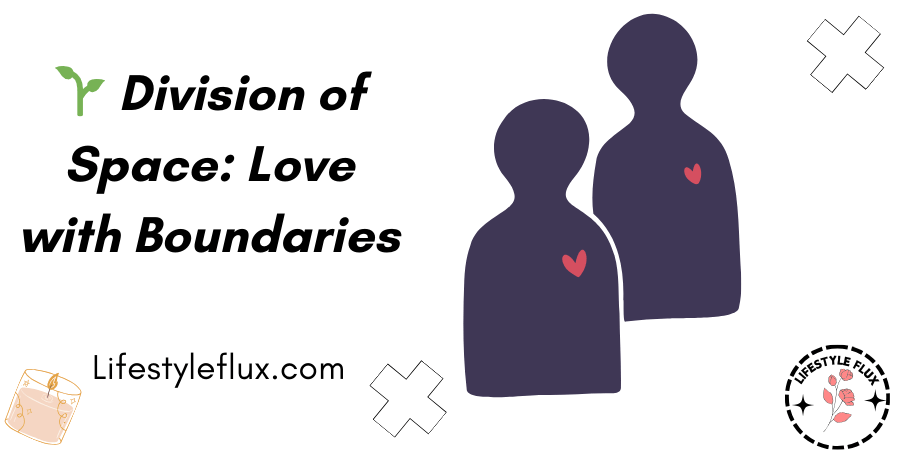
Because a relationship, no matter how serious it is, shouldn’t consume your individuality. You should still have your own interests, your own ambitions, and your own social bonds.
Emotional boundaries exist for the same reason. In a healthy relationship, you need to respect your partner’s freedom to feel and make choices on their own.
The two of you might think alike, but you shouldn’t act like you have one brain. Hey, it’s okay for you to like one thing while your partner likes another. You should make an effort to understand each other’s interests, but boundaries are a healthy way of maintaining your individuality.
4. Displacing Frustration
Do you feel like you have To be right all the time? Do you fight your partner on every little thing? These are both signs of an unhealthy relationship.
Now, as much as you want to argue, that need to be right is much less important than your partner’s feelings. Both of you should be willing to give in if it’s in the best interest of your relationship. Now, I’m not saying that you can’t be frustrated with your partner. That’s just not possible.
Even the most loving relationships create their fair share of negativity. But the difference is that people in healthy relationships learn how to manage their frustration. Instead of berating or yelling at their partner, they blow off steam by working, exercising, or venting to their friends.
Most of the time, this helps them realize one of two. Things either that this is something important, they should calmly talk to their partner about or that being right, well, it really isn’t worth it.
5. Avoiding Withdrawal
One of the most destructive moments in a relationship is when one partner begins to pull away. They become emotionally distant, and they might not seem enthusiastic about spending time with you. This kind of withdrawal can mean a few different things.
So, let’s highlight the worst-case scenario when your partner is constantly acting distant. They may not be willing to put in the effort anymore. They’re choosing to step back and let things fall apart.
Now, of course, this ambivalence doesn’t just pop up out of nowhere. Persistent withdrawal usually stems from feelings of neglect, anger, or irritation.
No matter where it comes from, withdrawal is a huge red flag. In a healthy relationship, each partner actively works to close that distance. They don’t withdraw into themselves. They encourage each other to be open and expressive. So, if you notice your partner pulling away, give them a chance to tell you why.
6. Conflict Kindness
No matter how heated things get, healthy couples are always kind to one another. They definitely get angry and frustrated like everyone else, but they won’t resort to insults or personal attacks.
You’ll never hear them tear their partner down to get their point across. One of the keys to a healthy relationship is to show kindness throughout conflict. As strange as it sounds, you can argue with someone while still making it clear that you care about how they feel.
7. Diverse Experiences
Many couples fall into the same trap. They get bored because they forget how to be spontaneous. It’s easy in the early stages of a relationship to do new and exciting things together. But over time, you’ll settle into a comfortable routine, you’ll visit the same places, and you’ll spend time with the same people.
It seems like smooth sailing, but this constancy is unhealthy in the long run. Healthy couples need spontaneity to keep their relationship from getting stale.
It’s common for two people to break up simply because they get tired of each other. You might slowly but surely forget why you fell for your partner in the first place.
The excitement of a new experience can remind you of why you’re still with them. You can rediscover how much fun the two of you have together, and if your relationship is starting to feel like another part of your routine, then those moments are priceless.
8. Consistent Encouragement
You should always be able to rely on a close friend or romantic partner for support, not just when you’re doing something they want you to do. They should encourage you anytime you find something you care about because it matters to you.
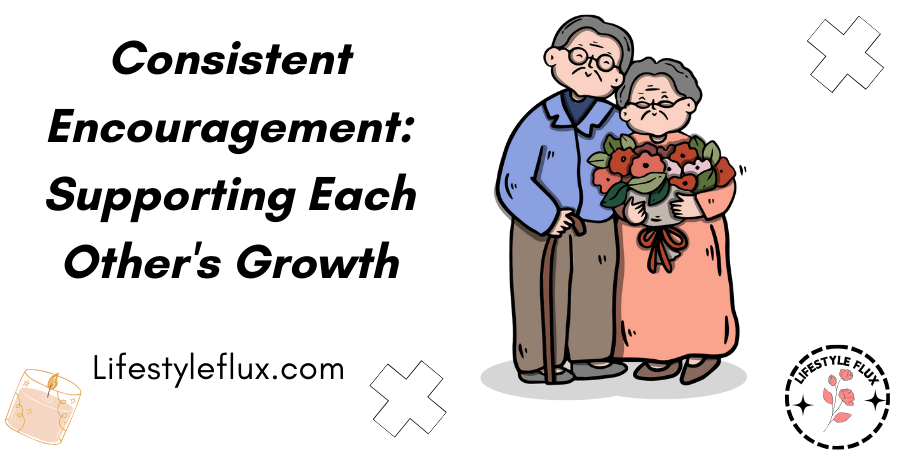
It should also matter to them. Many partners try to mold their significant other into the person they want them to be. They end up falling more in love with the idea of someone than the actual person.
Healthy friendships and couples don’t try to control each other’s lives. They know that their role is to provide you with encouragement and not to make your decisions for you.
9. Open Avenues
Suppose you want to improve your relationship. Set aside time to check in with your partner. In one way or another, you should regularly ask them how they feel about the relationship.
Are they happy? Are their needs being met? Is there anything you can do better? The goal is to establish a time when you both can get things off your chest.
That way, neither of you has to bottle up any negative emotions. But it’s critical that you’re receptive to what their concerns are. Your partner needs to you’ll like they can be genuine and honest with you. Otherwise, these open avenues will create more conflict than they’ll resolve.
10. Accepting Past Mistakes
You can’t control your past, and neither can your partner. That’s why, in a healthy relationship, you shouldn’t hold your partner’s past mistakes against them. As frustrating as they are, those mistakes aren’t going to disappear no matter how guilty you make them feel.
The most your partner can do is apologize and keep history from repeating itself. That means they’re depending on you to forgive and forget. By holding a grudge, you’re telling them that they haven’t earned your trust.
If that really is the case, then you may need to reconsider your entire relationship.
11. Recognizing Recurring Conflicts
You and your partner have the same fights over and over again. Many unhealthy couples will butt heads over one or two issues for years. When you fight about anything long enough, it drives a wedge between you.
The subject creates so much frustration and contempt that it becomes almost impossible to view your partner in a positive light. Healthy couples know that fighting over the same issues isn’t productive, so they stop fighting and hone in on the real root of the problem.
They figure out why they can’t get past this obstacle and then come up with a compromise that satisfies them both.
12. Realistic Expectations
Not every relationship becomes a lifelong commitment. Some couples have major issues that just can’t be resolved, no matter how good their communication is.
You might want to live in different places, or maybe you live very distinct lifestyles. These differences might trigger the end of your relationship. but you’re not doing yourself any favors by pretending that they just don’t exist.
Conclusion:
At the heart of every strong relationship is a foundation of trust, respect, and open communication.
No relationship is flawless, but when both partners are willing to support each other, navigate challenges with kindness, and embrace their individuality, it creates something truly meaningful. If you recognize these signs in your relationship, you’re on the right path.
If not, remember—healthy relationships aren’t just found; they’re built with effort, understanding, and mutual care.
Sources:
https://journals.sagepub.com/doi/abs/10.1177/1066480703262090?journalCode=tfja
https://www.apa.org/topics/marriage-relationships/healthy-relationships
https://journals.sagepub.com/doi/abs/10.1111/j.1467-9280.2009.02332.x
https://www.apa.org/topics/marriage-relationships/healthy-relationships
https://pubmed.ncbi.nlm.nih.gov/22040353
https://pmc.ncbi.nlm.nih.gov/articles/PMC3777640
https://www.psychologytoday.com/us/blog/in-flux/201503/10-signs-that-youre-in-a-healthy-relationship
https://www.health.harvard.edu/healthbeat/strengthen-relationships-for-longer-healthier-life
https://time.com/5321262/science-behind-happy-healthy-relationships

Founder and CEO of Lifestyleflux.com, I bring years of expertise in self-improvement, wellness, and personal development to help you lead a happier, more balanced life. Through practical insights, eBooks, and consultations, I share actionable strategies rooted in experience and a passion for empowering others to unlock their full potential.

